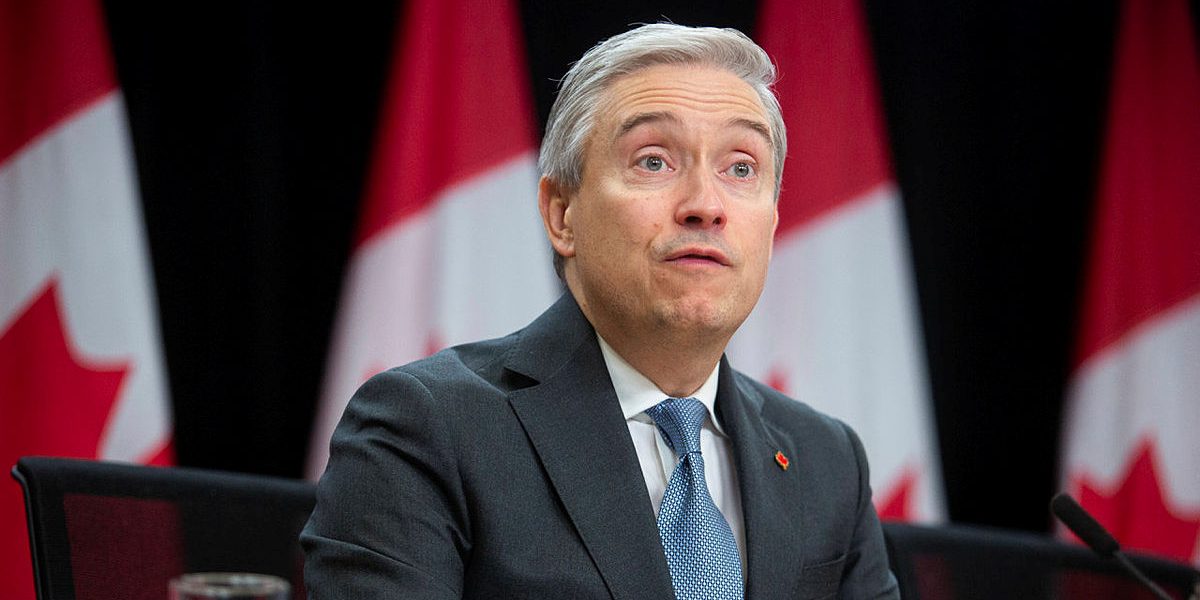Actually there is sense in it. Old kit requires insane man hours to maintain. The navy's frigates, for example, have gone from 100k man-hours to prepare for deployment to 1M man hours. So as kit gets modernized, it actually means we need fewer bodies. Or rather, since we already lack bodies, it means we can actually do our job with the numbers we have. The same situation is true for the fighters, army's vehicles, etc.
But also, newer kit vastly improves motivation for both recruiting and retention. When Air Canada offers newer aircraft to fly and fix, the air force is less of a sell.





